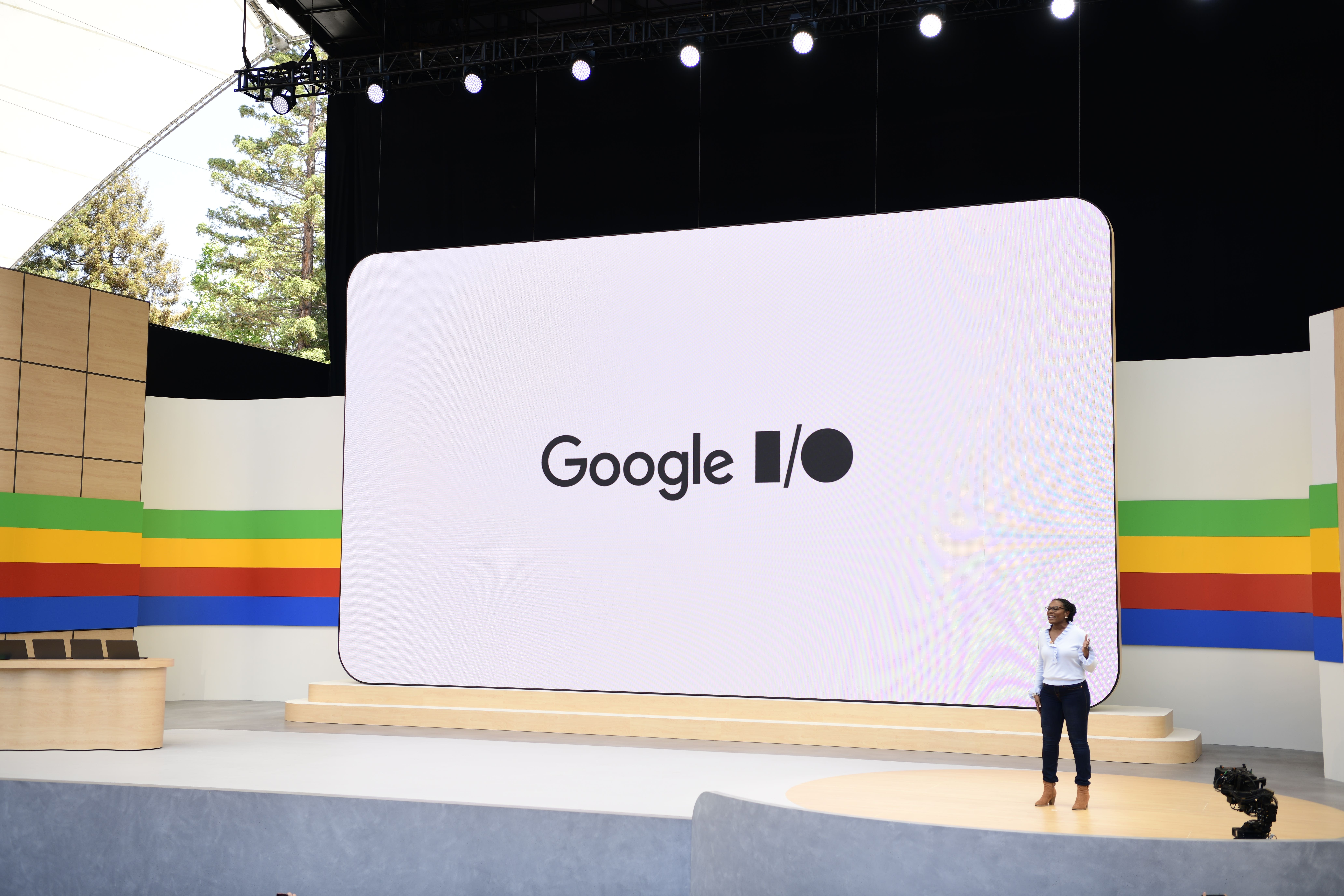What do Google’s AI updates mean for everyday users?
The tech giant has confirmed a range of new tools and services are on the way.

Google has pledged to make AI “accessible and beneficial to everyone” as it announced a string of new tools powered by the in vogue technology.
Powered by different versions of Google’s own Gemini AI model, the company unveiled new features for its search engine, popular apps including Photos and Maps, and new virtual assistant tools during its developer conference on Tuesday.
But do all the updates mean for every day Google users?
– So what’s new?
Perhaps the biggest update is how Google is starting to redesign its search engine around AI.
The company will this week start rolling out what it calls AI Overviews to search results.
These are new, generative AI-created responses to search queries, giving users a summary in response to their prompt, complete with multiple suggestions from a range of sources and other Google services.
Google says Overviews are particularly good at longer queries that comprise multiple layers, as they can offer a single response to more complex questions, as well as for planning purposes – for example meal or trip planning.
Elsewhere, the company announced new AI generated image and video tools, as well as adding the power of Gemini to apps such as Gmail and Photos to help users quickly find specific items and organise themselves, and new tools coming to Android smartphones such as the ability to identify scam phone calls in real time.
Then there is Project Astra, the company’s take on the “future of AI assistant”, where the technology can easily handle any text, visual or audio prompt and respond at a near-human rate and have natural conversations with the user.
– When will all this be available to consumers?
The rollout timelines vary.
AI Overviews in search are being introduced in the US first – this week – but Google has committed to introducing them to other countries before the end of the year.
Veo and Imagen 3 – Google’s new image and video creation tools – are only rolling out to “select creators” for now and will next be made available to developers, with no public launch as yet confirmed.
Elsewhere, the new Gemini tools coming to Photos, Maps and Android in general are set to be gradually introduced over the coming months.
Project Astra and its various tools are likely to also be steadily introduced in the months and years to come.
– How do the tools compare to what Google’s rivals are doing?
Google’s announcements came just a day after OpenAI, the makers of ChatGPT, unveiled their own updates to the popular chatbot.
Similarly to Google, OpenAI showed off the new multimodal capabilities of the new GPT-4o model, meaning it was more able to take in and understand a range of text, audio and visual prompts and respond in a human-like fashion.
OpenAI also spoke of its desire to make its generative AI tools more accessible, and confirmed that its updates would be rolling out to all ChatGPT users, including those who do not pay to subscribe to the more powerful versions of the chatbot.
Meanwhile, Microsoft is expected to use its own developer conference next week to lay out its own plans for AI tools, with Apple set to do the same in early June.